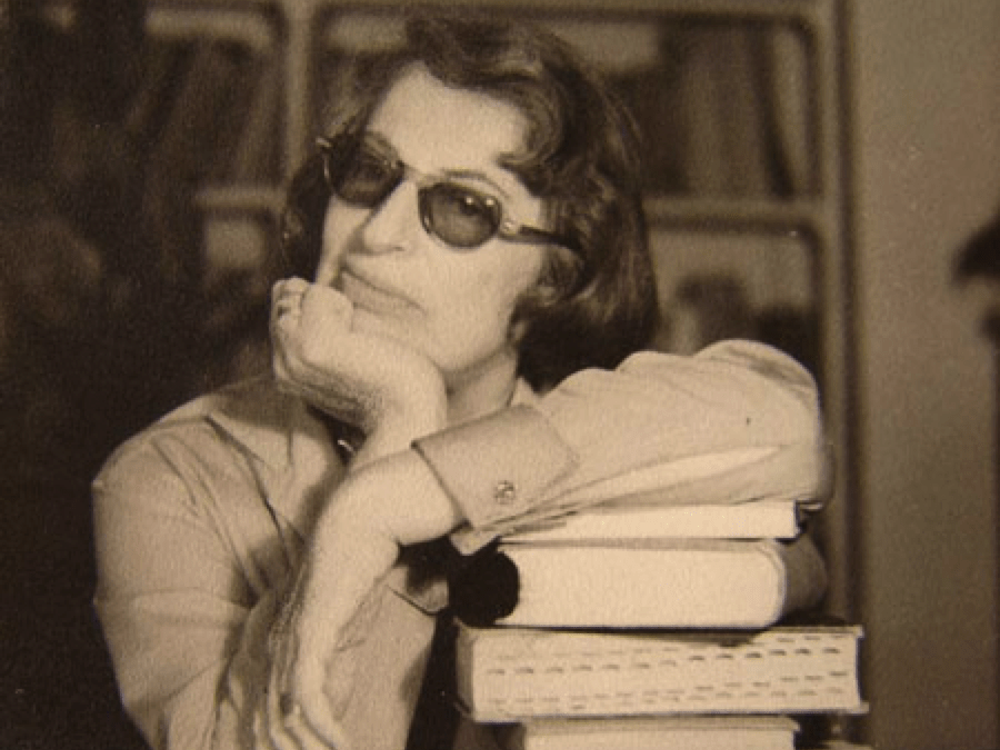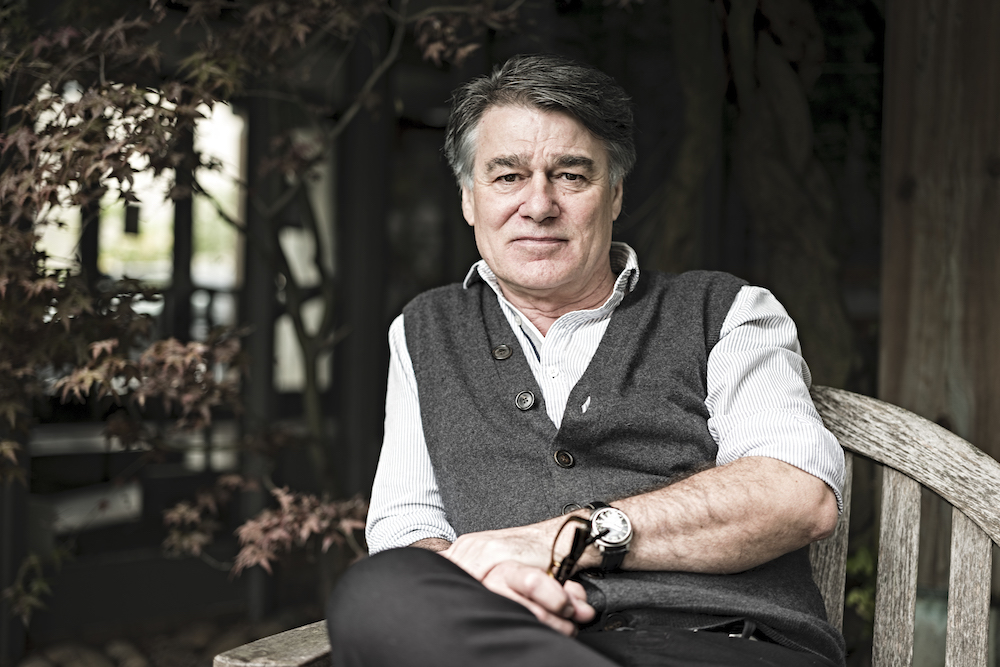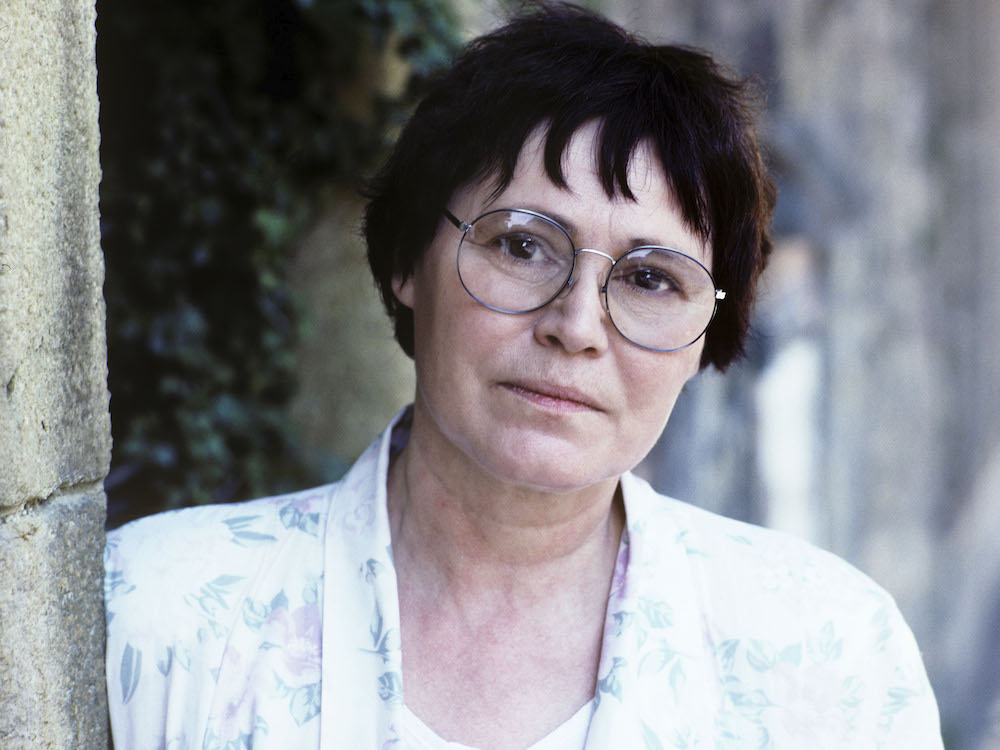I love a good hundred-page novel. Too many books go for quantity over quality, choosing to bloat their page counts with unnecessary plot twists—and don’t even get me started on that silly term novella. Not so for Silvina Ocampo’s The Promise, recently translated from the Spanish by Suzanne Jill Levine and Jessica Powell. Ocampo—an aristocratic Argentine who was friendly with Borges and whose elder sister Victoria was the founder of the prestigious literary journal Sur—purportedly took twenty-five years to finish The Promise, and every sentence glints with precision. The plot is minimal at best: While traveling from Buenos Aires to Cape Town to visit family, the narrator falls ill. On the way back to Argentina, she falls off the side of the ship and spends the rest of the book swimming—and eventually, presumably drowning—as she recalls various persons and experiences from her life back home. A few characters reoccur: Leandro, an untrustworthy doctor; Irene, his lover; and Gabriela, also known as Gabriel, Irene’s daughter. Entire paragraphs repeat themselves with small variations, and water seeps in again and again. The confusion is part of the appeal—what you’re after are the sentences, which have the feel of epigrams: “I envy people who cry; they show off their tears like necklaces,” goes one. “Women love with their eyes closed, men with their eyes open,” goes another. I think I took a photo of nearly every other page so as not to forget them. The twenty-five years of work were worth it. —Rhian Sasseen
I’ve been knocked out by the new titles from Seagull’s celebrated German List. Georg Trakl’s poems, previously published in individual hardcover editions, are now collected in a single paperback, met with titles from Thomas Bernhard, Ralf Rothmann, Peter Weiss, and others. Of particular interest to me has been a volume of correspondence between Ingeborg Bachmann and Paul Celan (translated by Wieland Hoban). In these letters, Bachmann is needful, especially early on, and Celan less so; the imbalanced exchange is reminiscent of that between Rainer Maria Rilke and Marina Tsvetayeva. With Bachmann-Celan, the correspondence is also one of unequal weight: Bachmann’s letters tend to be lengthy, and Celan’s are shorter or absent altogether, his responses often apologetic for not having written sooner (or not having written at all). And yet we receive a sense of the tumultuous times in which they lived and the development of their thinking and writing. The volume’s editors have included voluminous useful notes and appendixes and a sheaf of correspondence between Celan and Max Frisch, and Bachmann and Celan’s wife, Gisèle Lestrange, the latter tracing the bloom of an unlikely friendship. —Christian Kiefer
About a month ago, I unexpectedly tuned into an episode of NPR’s On Being featuring the writer David Whyte. His voice was deep and magnetic; he philosophized in improvised incantations, possessing a natural poeticism in conversation. When asked to read his poems, Whyte had them committed to memory. He intoned each with great force, emphatically repeating the most powerful lines as if unable to get past them. This week, I began reading Whyte’s 2018 collection of poetry, The Bell and the Blackbird, in which his poetic lineage is clear. His verse, exactly like that of W. B. Yeats, exists at the threshold of the subconscious, just beyond the realm of everyday life. There is a deep religiosity to the collection, including a series of blessings that seem meant to be collectively uttered by a congregation. But these prayers center on earthly matters rather than godly. The most earnest among them, “Blessing for Unrequited Love,” offers “A blessing on the eyes that do not see me as I wish. / A blessing to the ears that can never hear the far inward / footfall of my own shy heart … A blessing for the way you will not know me / in years to come.” No matter the Yeatsian symbolism and lyricism, Whyte’s more Minimalist verse inevitably returns to the lived moment. The collection begins with an invitation to journey through
the shadow,
not of death,
but of
the unconquerable
kingdom of life.
Within his lyric medium, human existence is, above all, the primary subject. —Elinor Hitt
Since reading Esquire’s “The Secret Oral History of Bennington” at least a dozen times, I’ve developed a sort of preoccupation with Donna Tartt—how she’s described in the piece, her striking sartorial choices, the nostalgia with which she discusses her college years. So it’s strange that it’s taken me until quite recently to read her enthralling literary debut, The Secret History. The novel opens with a murder among a group of friends at the fictitious Hampden College, which is presumably based on Bennington, where Tartt wrote the book while still a student. The rest of the story explains how exactly this all came to be, tracking the narrator’s start at Hampden, his journey into the Greek students’ inner circle, and his discovery of how dark the Dionysian can really be. The plot is both melodramatic and cerebral, Tartt’s prose textured and supple. The way she describes student life feels at once familiar and aspirational (and very eighties)—the best possible version of the campus novel. —Camille Jacobson
I tore through Ágota Kristóf’s extraordinary trilogy in the bleak British midwinter, giddy with jet lag. She is a writer perhaps best read in the dead of night. There is a profound loneliness to her books, an unsettling mix of memory and delusion, all written with the clarity of insomniac thoughts. Even more than Beckett, her prose has a style “without style.” It is blank and precise, even as it voices great horrors. The first of the trilogy, The Notebook, starts with twin boys who act and speak as one; they record their lives with a rigorous commitment to objective truth. “It is forbidden to write, ‘The Little Town is beautiful,’ because the Little Town may be beautiful to us and ugly to someone else,” they note. This method is the first lie; facades continually collapse, and every book undermines its predecessor. This combination of an utterly direct style and the endless misdirection of the narrative unnerves. Behind it all is a truth that can be neither told nor forgotten. As one character notes, “No book, no matter how sad, can be as sad as a life.” I have read few books that engage so profoundly with what it means to write from life, and the fantasy and failure of fiction. Selves fall apart; narratives break into irreconcilable parts. Each immaculate section reshapes the whole and casts a different light: it is like watching a jeweler cut a diamond into dust. —Chris Littlewood
from The Paris Review https://ift.tt/2uaUmDQ



Comments
Post a Comment